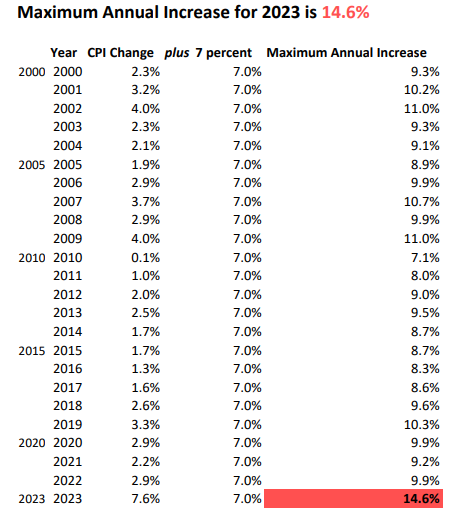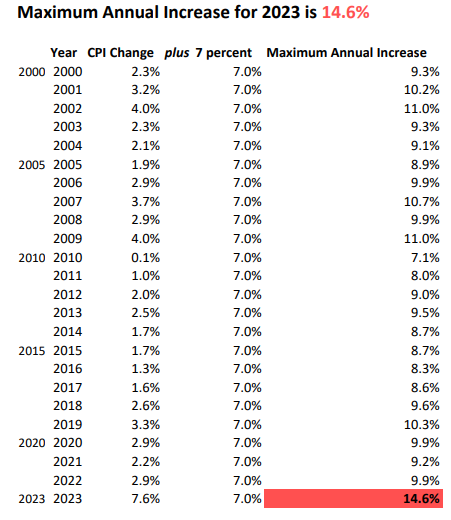
Some of Oregon’s most important affordable housing protections are expiring. According to the City of Portland, up to 1,600 people could lose their homes in the next two years. Oregon’s affordable housing laws, among other legislation, define how much landlords can increase the cost of rent per year. This year, the rent cap in Oregon is 9.9%, but by Jan. 1 of 2023, the rent hike limits set three years ago will expire, defaulting to the old cap of 14.6%.
According to David Marsh, one of Franklin High School’s government and economics teachers, renters are more fiscally sensitive to shifts in the economy. “Renters tend to be the more financially vulnerable as renters on the whole don’t have as much money in savings for a variety of reasons,” says Marsh. He continues to say, “the big [reason] being [that] home ownership creates more wealth.”
The coming increase in rent can be traced back to the Oregon Senate Bill (SB) 608. According to the Oregon Housing Alliance, SB 608 “allows landlords to raise the rent up to a certain amount every year (seven percent plus inflation), and not above,” and “[t]he provisions are supposed to prevent extreme rent increases.” The bill was passed and signed by former Governor Kate Brown on Feb. 28 of 2019 and was made to protect renters in homes that are 15 years or older.
In total, about 800 affordable housing units in Oregon will soon lose affordable housing protections. According to the National Low Income Housing Coalition (NLIHC), 22% of Oregon renting households are “extremely low income,” which NLIHC defines as $26,200 per year or less for a four-person household. Of this 22% of total renters, a large portion have difficulties working because of disability, retirement, or schooling. Many of these extremely low income households rely on state subsidized housing to remain housed at all, and the loss of protections could mean homelessness for some tenants.
One of the most important housing protections passed in 2012 is the Multiple-Unit Limited Tax Exemption (MULTE). This program was designed to incentivize developers to build more affordable housing units in Oregon by offering tax breaks. MULTE gives these tax breaks to developers who build low income housing while simultaneously keeping the cost of that housing affordable for up to 10 years. Many affordable housing units were built in the wake of MULTE passing, and the 10 years of promised affordable housing is expiring for renters who live in homes built after housing protection laws came into effect.
The future for tenants is still unclear. The protections that renters receive depend on many factors, including income, location, and timing. Marsh explains “[t]he Oregon government could make a new law to put greater restrictions on rent hikes and evictions.” In terms of government action, Marsh states that “Democrats still maintain control over both houses of Congress and the governor’s office and they are the party that would be the most likely to take action on this issue.”


































